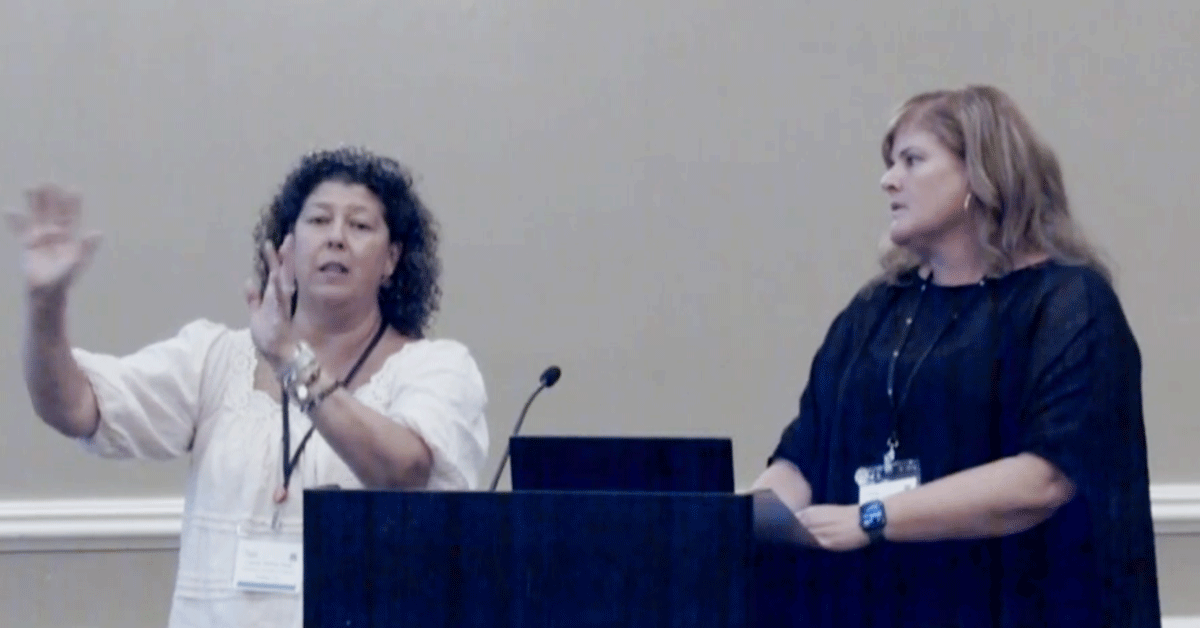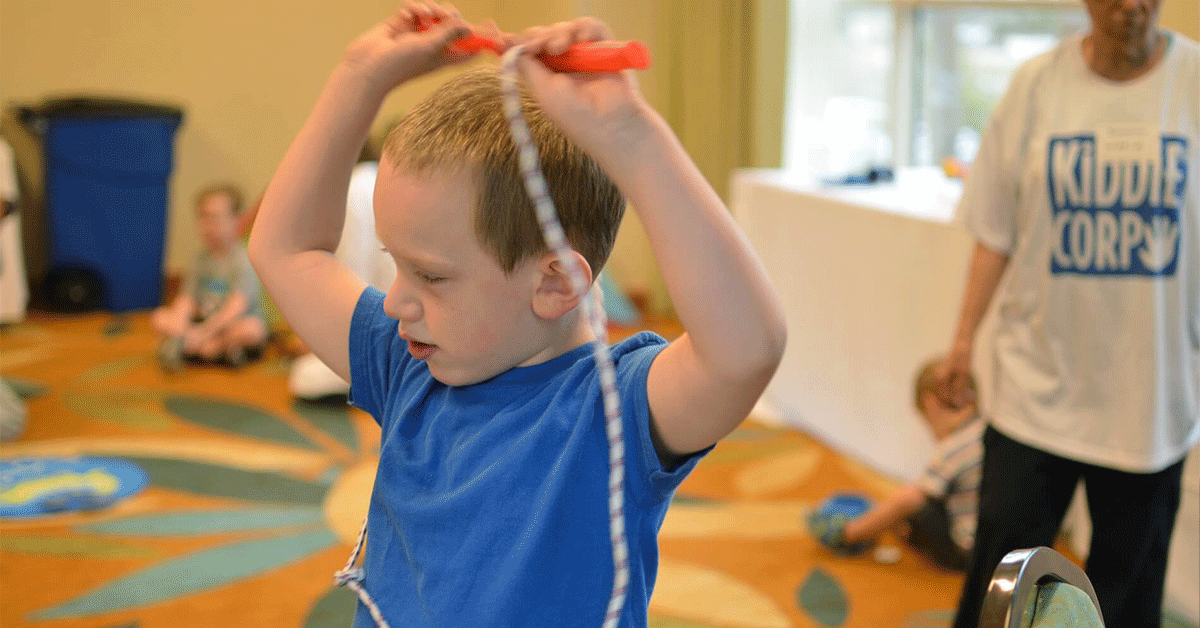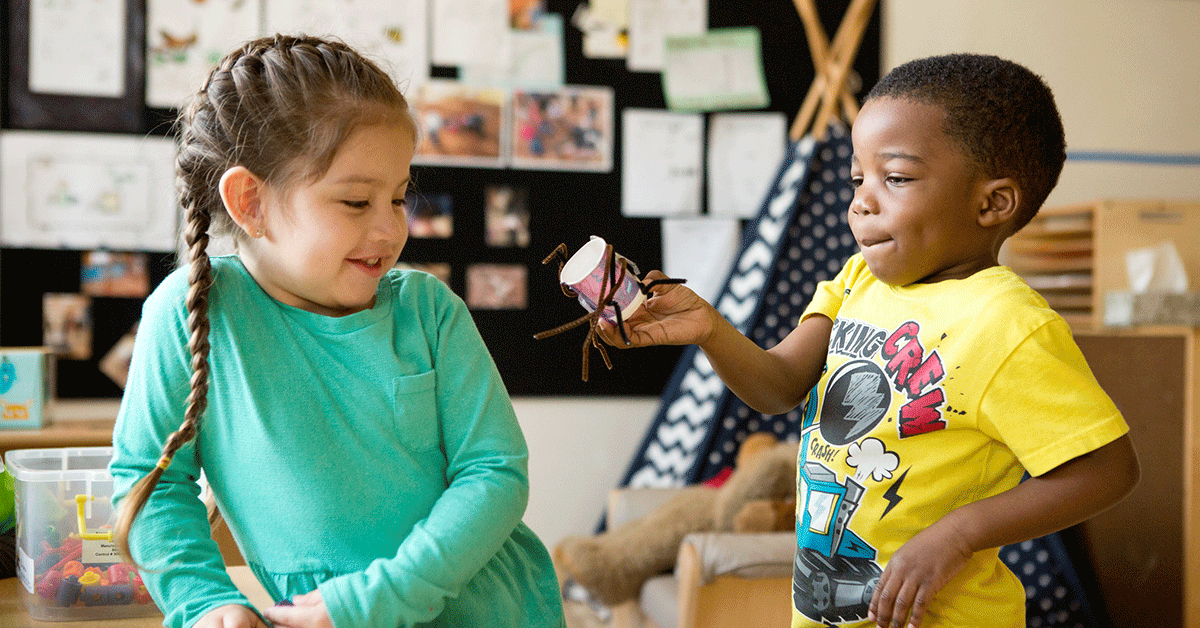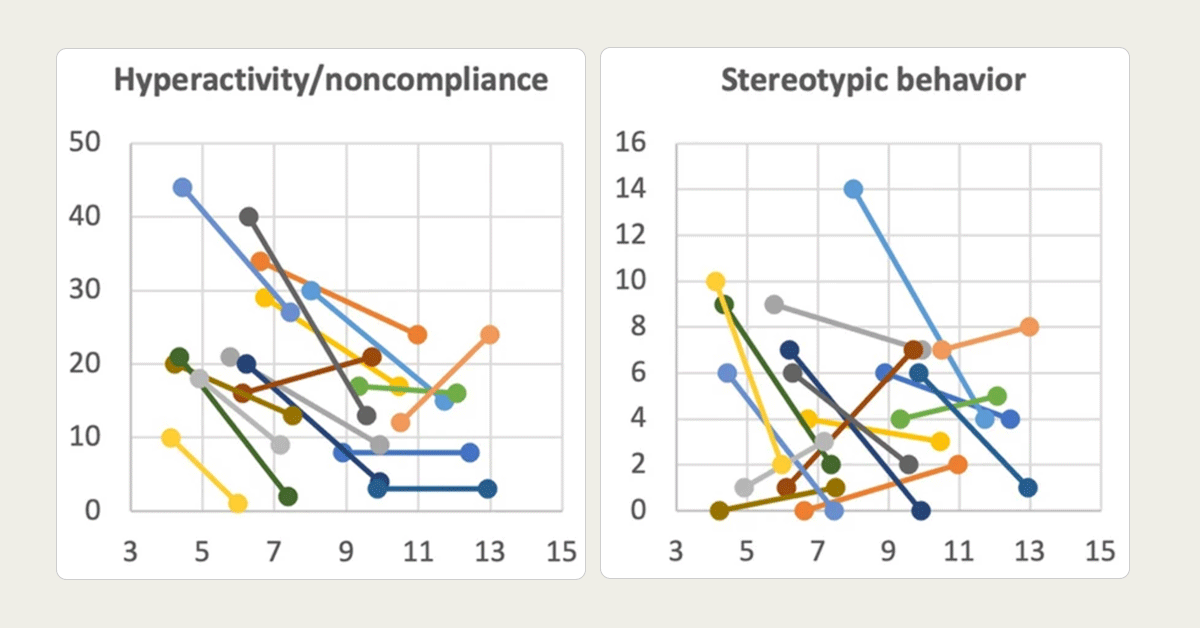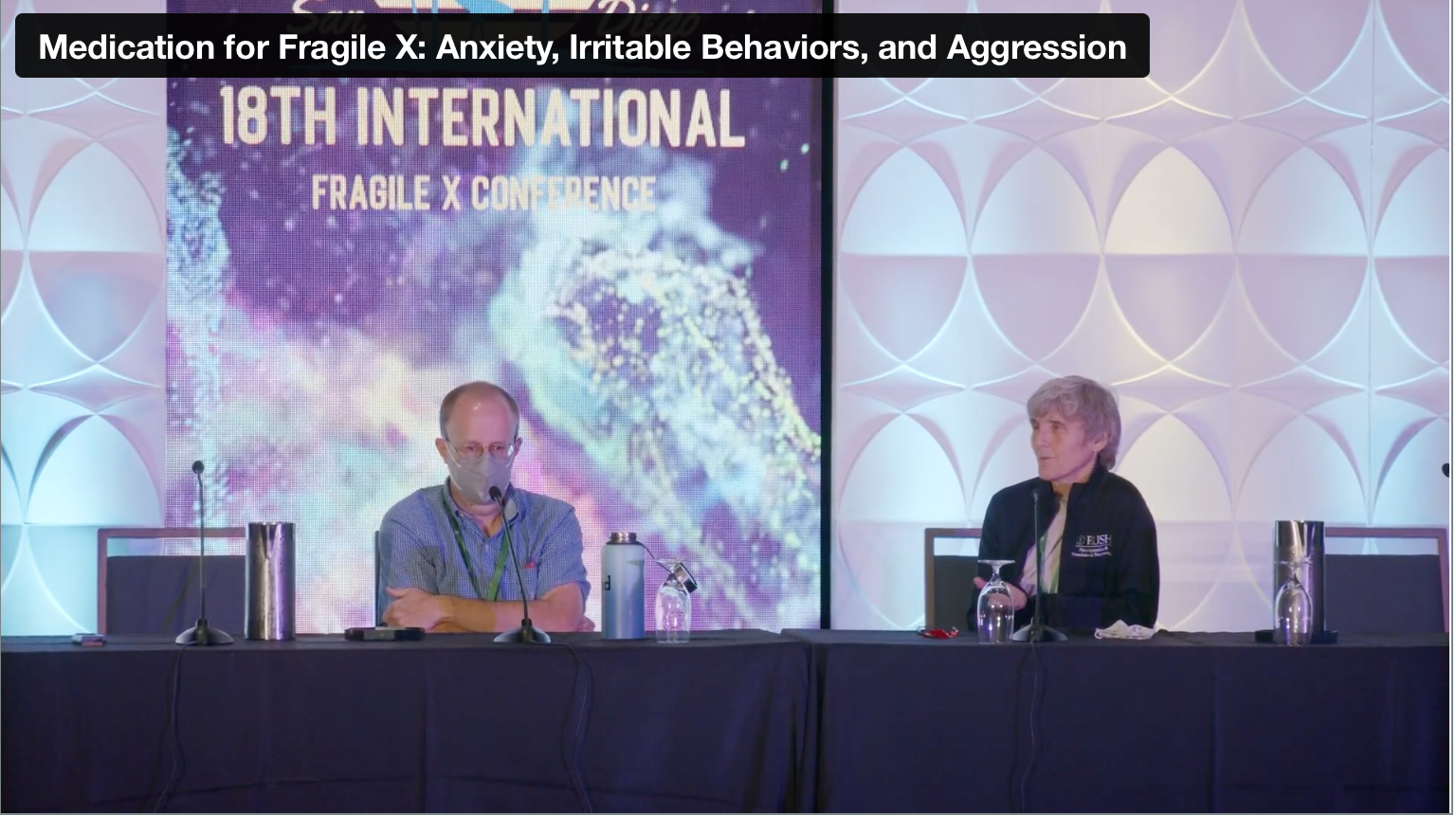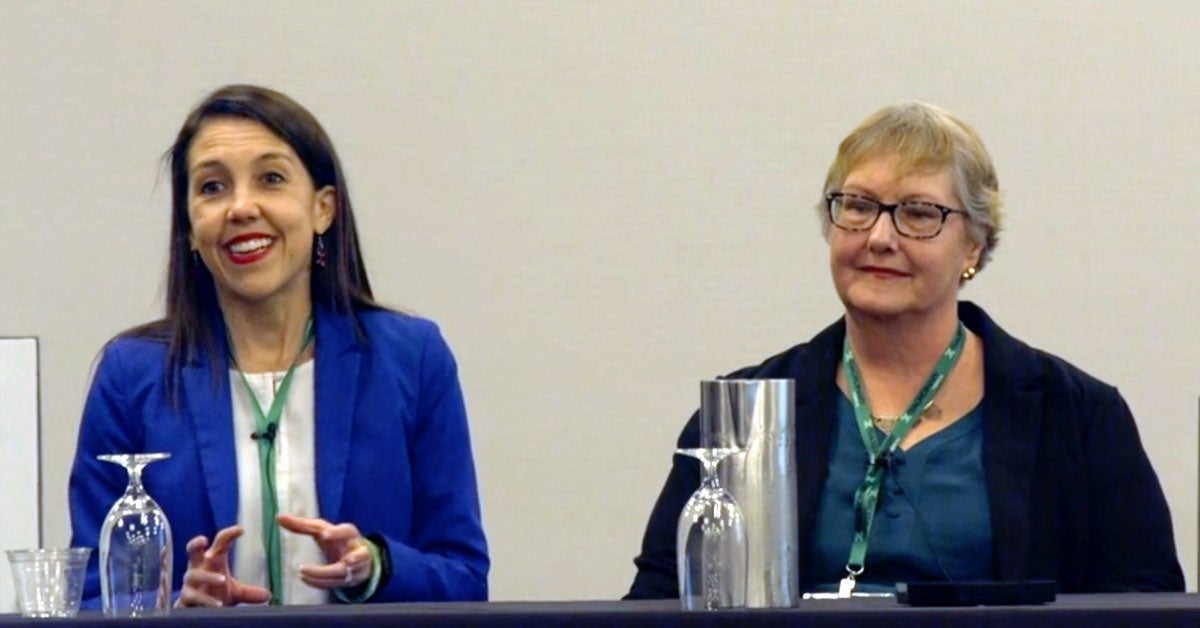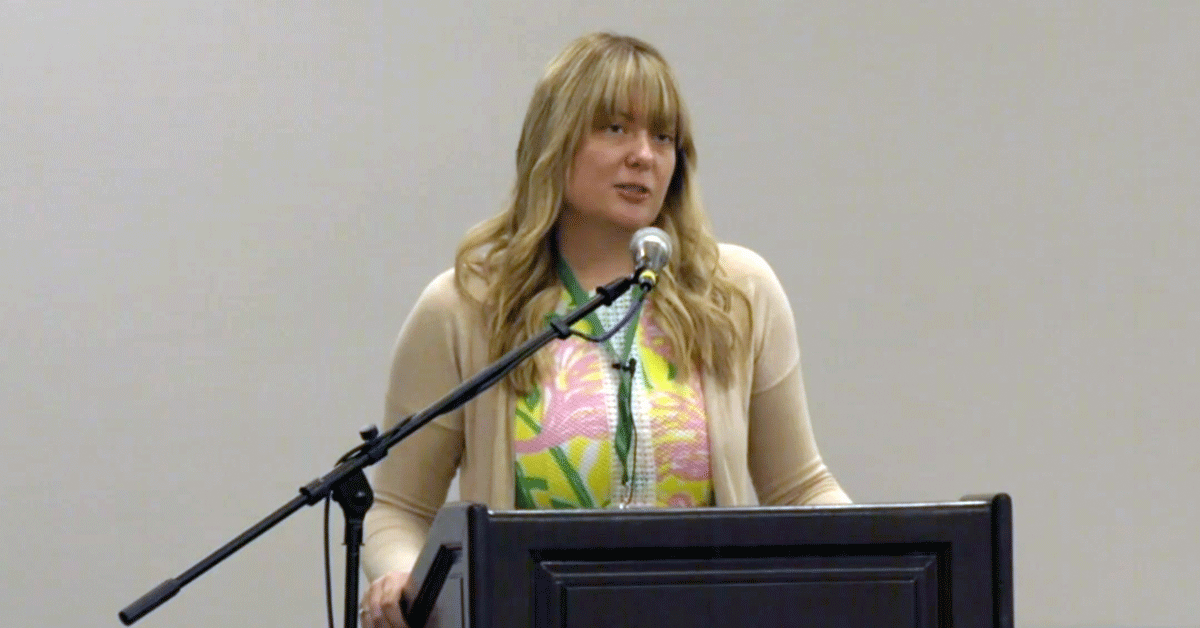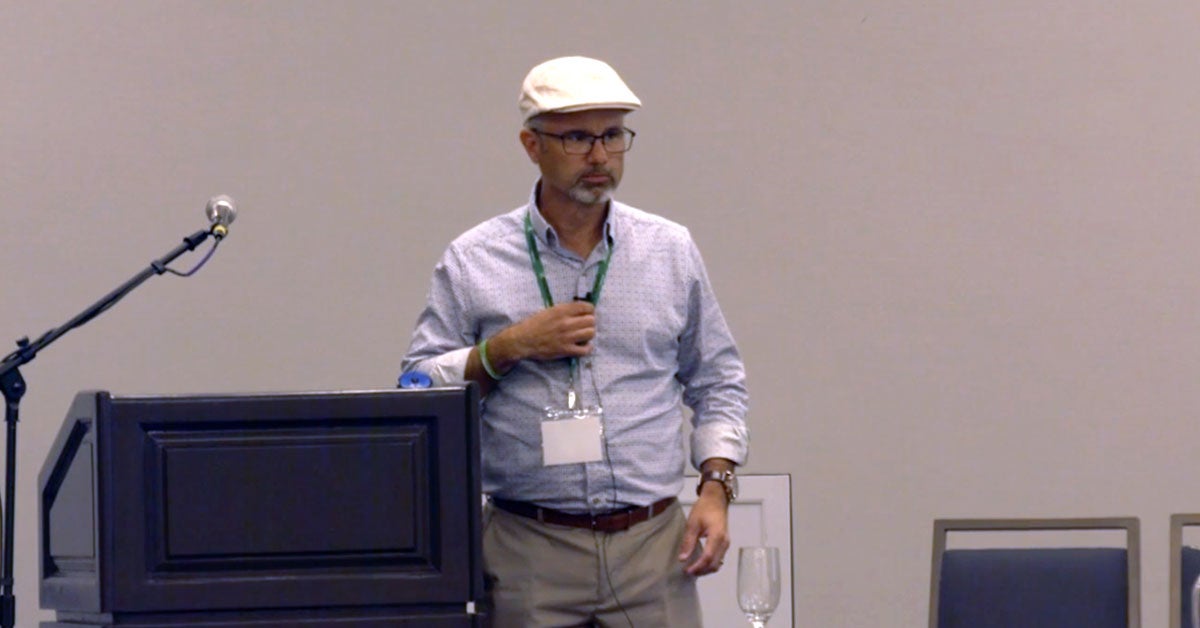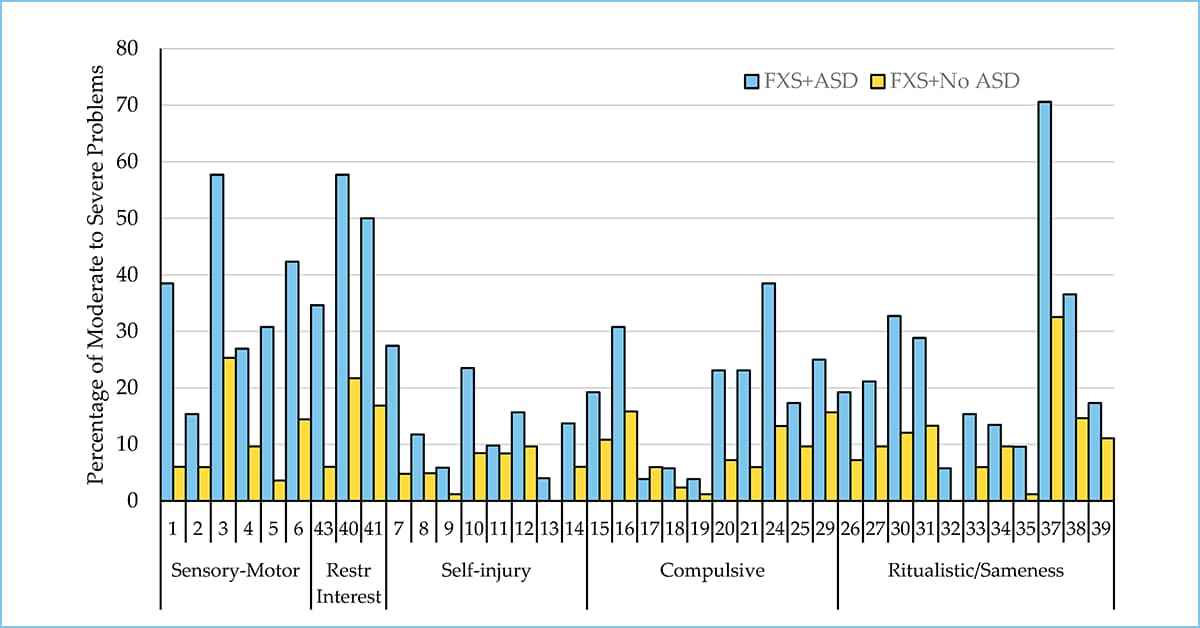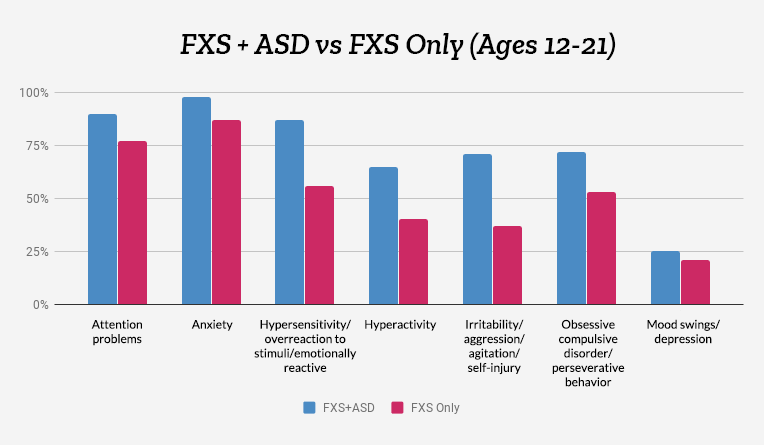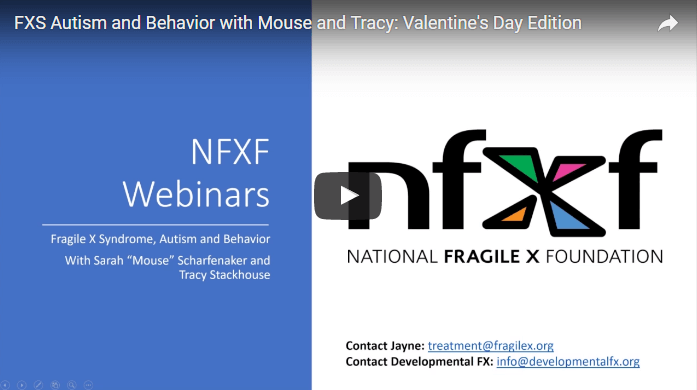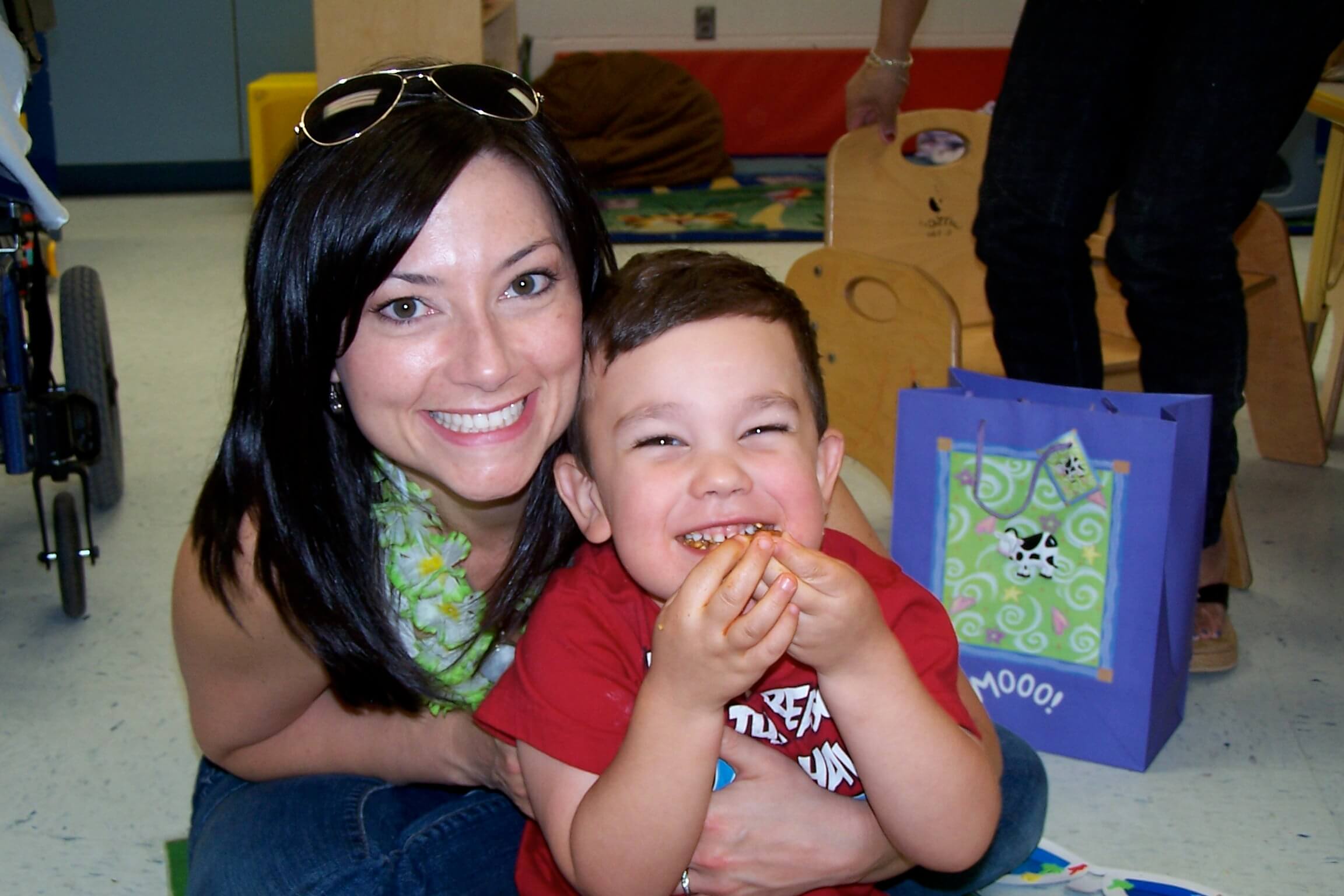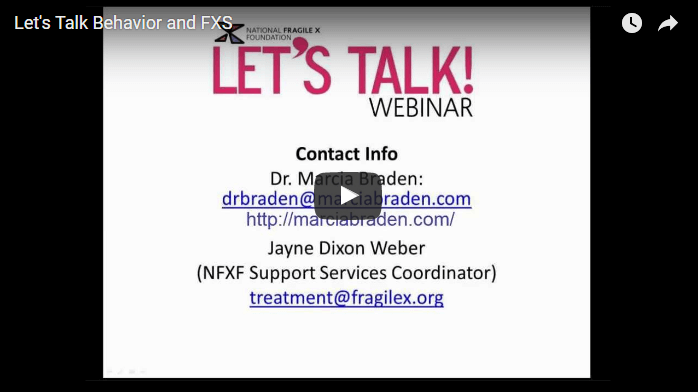La Dra. Bibiana Restrepo, un pediatra del desarrollo conductual certificado por la junta de la Universidad de California y el Instituto MIND, se reúne con Johana Latorre, Lorena Reisenauer, Luz Elena Paez y Paula Bahlcke en una discusión sobre las características conductuales en el SXF.
Rebecca Shaffer leads two presentations about how to stay calm and manage intense emotions. The first is for self-advocates, and the second is for caregivers of individuals with Fragile X syndrome.
In this webinar, Rebecca Shaffer walks us through what your child tells you, strategies to prevent the behavior, reinforce good behaviors, and build new skills.
This family-friendly introductory session unpacks the complexities of assistive technology from early childhood to special education IEPs through to adulthood. Families will learn about no-to-high-tech assistive technology with examples and how it works.
The return after a long break can be a difficult transition for anyone, especially an individual living with FXS. With thoughtful planning and a compassionate approach, the entire support team can help ease the process.
The multidisciplinary panel discussed the unique experiences and support needs of females living with Fragile X syndrome. While females may sometimes exhibit fewer overt support needs, they can be as significantly affected as males. This complexity highlights the necessity for individualized approaches to support and intervention.
Insights from different perspectives and exploring the role that parents and caregivers could play in preventing these behaviors, reducing their intensity, or, unintentionally, contributing to them.
Understanding the function of perseveration requires the observer to look beyond the monotonous repetition of the verbiage into what in the environment is prompting the excessive repetition.
Introducing new content to help understand the possible causes of aggressive behavior plus recommendations for how to respond during and following an aggressive incident.
Reproductive health is a broad topic, covering the physical and emotional components of areas like puberty, sexuality, reproductive options, and family planning.
Speaker Barbara Haas-Givler provides resources and strategies for implementing social skills support in the classroom, home, and community.
The main aim of this study was to determine whether boys with FXS who had participated in our previous 12-week randomized trial of telehealth-enabled behavioral treatments for challenging behaviors were still benefiting from having received the treatment several years later.
Our panel of experts, Rebecca Shaffer, Lauren Schmitt, Tracy Murnan Stackhouse, Elizabeth M. Berry-Kravis, and Randi J. Hagerman, discuss behavior.
This session will cover currently available supportive medications for treating anxiety, irritability, and agitated and aggressive behaviors that can be problematic in Fragile X syndrome. Medication classes and specific medications within each class will be described.
This session discusses specific challenges that arise during puberty and adolescence while also providing youth and their caregivers with some strategies and resources to assist in navigating the teenage years.
Studies indicate over 80% of individuals with Fragile X syndrome demonstrate behavioral inflexibility.
This presentation highlights how to recognize behavioral challenges in FXS and the most common behavioral difficulties and treatment options.
Tracy Murnan Stackhouse, MA, OTR, addresses the topic of anxiety, hyperarousal, sensory reactivity, and behavioral difficulties that arise from overwhelm.
Calling all fathers, papas, daddies, pop, and dads—Will Bridges discusses raising a child or children with Fragile X syndrome. Not sure how to explain Fragile X syndrome to a colleague? We’ve got you covered. Do you find yourself frustrated at home? We all do, and we have some ideas that may help.
This presentation presents research-based information on the factors that promote or hinder the transition to independence of young adults with FXS after completion of high school and formal education.
Dr. Marcia Braden presents a webinar about females and Fragile X syndrome to help you better understand the features associated with the syndrome.
Our distinguished presenters discuss currently available supportive medications for treating anxiety and irritable, agitated, and aggressive behaviors in Fragile X syndrome.
Our expert panel presents research-based information on the factors that promote and hinder the transition to independence.
Marcia Braden on recognizing the signs of hyperarousal in children with Fragile X syndrome, and how and why it often precedes self-removal
We take a look at behavioral issues in individuals with FXS plus ASD and compare them to those with FXS alone.
Understanding why individuals with Fragile X syndrome are anxious with strategies on how to manage and prevent triggers.
These strategies are based on the fundamental principles of time-out, while incorporating adaptations that address the fact that children with Fragile X syndrome have language and attention difficulties that are best accommodated through additional considerations for repetition, consistency, and predictability.
We discuss verbal perseveration, a very typical and pervasive aspect of language in Fragile X syndrome. Does verbal perseveration interfere with daily living and activities? On the list of questions parents ask the most often, verbal perseveration is at the top.
Tracy Stackhouse and Sarah Scharfenaker (co-founder emeritus) of Developmental FX , join us to answer questions about Fragile X and behavior.
Behavioral outbursts and aggression are critical incidents in the home or the community. For biological mothers of children with FXS who carry the premutation gene, there is the added predisposition to anxiety, as well as other emotional concerns, which can amplify their response to these critical incidents.
Though males experience greater frequency and severity of symptoms, females with FXS present a variety of challenges as well. This article is dedicated to addressing those challenges.
Pay attention to your reaction; if you provide social, emotional, or negative attention, you are most likely reinforcing a behavior that will continue.
Preparing our children to access their communities without the risk of inappropriate behavior or misunderstood sexual language that may be misconstrued.
When discussing FXS and behavior, it is important to note that — like every person — the focus should not only be on the challenging behaviors you may see. It is essential that parents look at the whole person. Some behaviors may result from the condition, many of which are positive, and they are the behaviors you will see most often.
Why would hearing “Happy Birthday” provoke such a strong reaction? The answer is really quite simple. Children with FXS tend to find it very uncomfortable being the center of attention.
Dr. Marcia Braden, licensed psychologist and noted Fragile X expert, presents “How Neurobiology Affects FXS Behavior”, followed by a Q&A.
Direct questions are typically the way we try to engage people in conversation. However, for children with FXS, we need to learn other strategies.
An assortment of sensory-, routine-, and language-based daily life strategies from the experts at Developmental FX, drawn from evidence-based practice and knowledge of the neurocognitive development of children with FXS.






